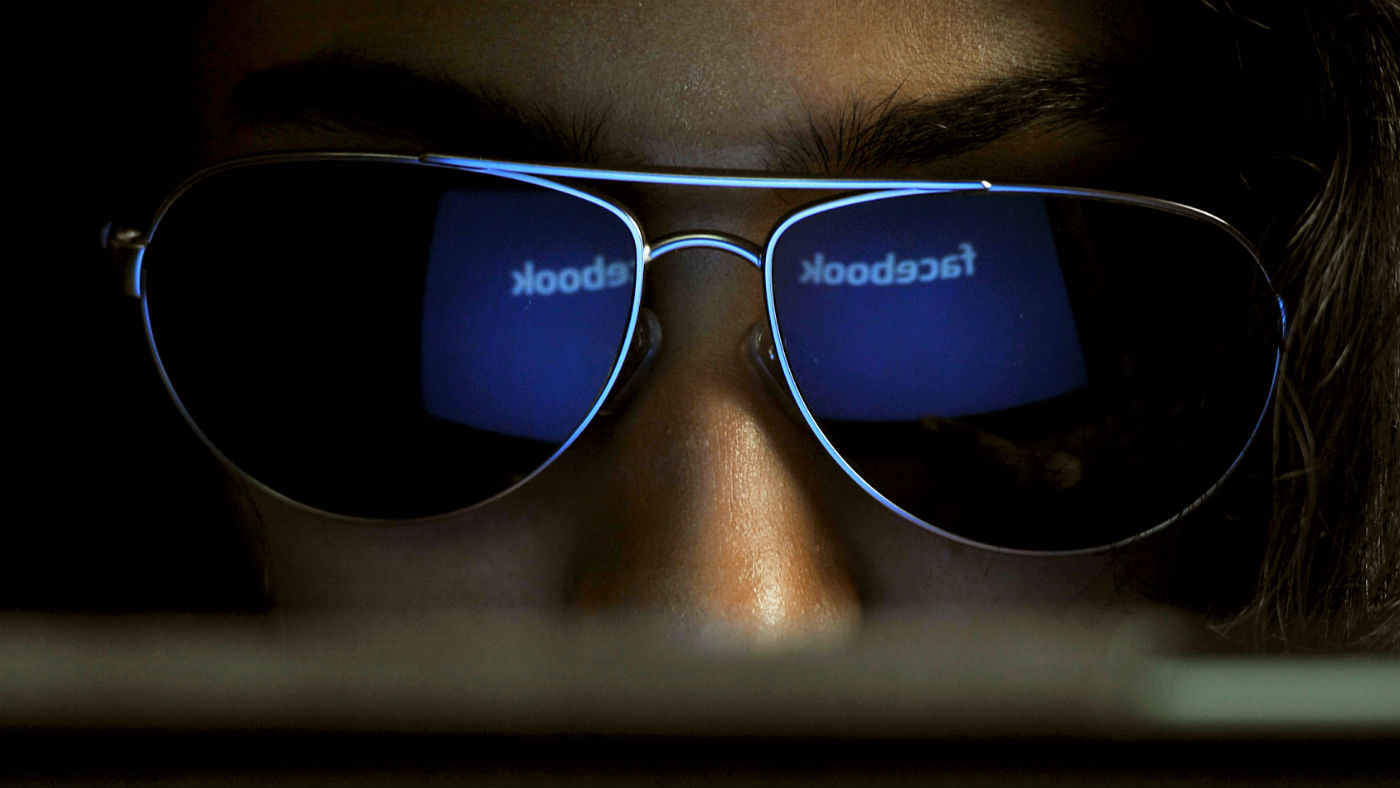Facebook app that paid teens for data to be axed
Some users were asked to upload screenshots of their Amazon orders

A free daily email with the biggest news stories of the day – and the best features from TheWeek.com
You are now subscribed
Your newsletter sign-up was successful
Facebook is shutting down an iOS app that paid users as young as 13 for their smartphone data, following an outcry over the controversial practice.
A report by TechCrunch revealed that the Facebook Research app would “suck in all of a user’s phone and web activity”, with participants paid up to $20 (£15.30) a month in gift vouchers to take part. The company also offered a referral payment to anyone who introduced a friend to the service.
The app functioned in a similar manner to the social media service’s Onavo Protect, which was banned by Apple last June for violating its policy on data collection, according to ZDNet.
The Week
Escape your echo chamber. Get the facts behind the news, plus analysis from multiple perspectives.

Sign up for The Week's Free Newsletters
From our morning news briefing to a weekly Good News Newsletter, get the best of The Week delivered directly to your inbox.
From our morning news briefing to a weekly Good News Newsletter, get the best of The Week delivered directly to your inbox.
But Facebook was able to bypass Apple’s App Store with the Research programme by offering it through software testing services including Applause, BetaBound and uTest, TechCrunch reports.
Launched in 2016, the app collected information from a user’s private messages, emails, browsing activity and web searches, says The Verge.
In some instances, participants were asked to send screenshots of their Amazon orders, too.
The research focused on users aged 13-35, who were told that their data would be collected to “improve” Facebook’s services, notes the BBC.
A free daily email with the biggest news stories of the day – and the best features from TheWeek.com
Users also had to agree not to disclose “any information about this project to third parties”.
Responding to the reports, a Facebook spokesperson told TechCrunch that “key facts about this market research programme are being ignored”.
“Despite early reports, there was nothing ‘secret’ about this - it was literally called the Facebook Research app. It wasn’t ‘spying’ as all of the people who signed up to participate went through a clear on-boarding process asking for their permission and were paid to participate,” the spokesperson continued.
“Finally, less than 5% of the people who chose to participate in this market research programme were teens. All of them with signed parental consent forms.”
Nevertheless, Facebook has announced that it will shut down the app on Apple devices. It has not confirmed whether it will also cease the programme on Google’s Android phones.
-
 6 of the world’s most accessible destinations
6 of the world’s most accessible destinationsThe Week Recommends Experience all of Berlin, Singapore and Sydney
-
 How the FCC’s ‘equal time’ rule works
How the FCC’s ‘equal time’ rule worksIn the Spotlight The law is at the heart of the Colbert-CBS conflict
-
 What is the endgame in the DHS shutdown?
What is the endgame in the DHS shutdown?Today’s Big Question Democrats want to rein in ICE’s immigration crackdown
-
 Moltbook: The AI-only social network
Moltbook: The AI-only social networkFeature Bots interact on Moltbook like humans use Reddit
-
 Are Big Tech firms the new tobacco companies?
Are Big Tech firms the new tobacco companies?Today’s Big Question A trial will determine whether Meta and YouTube designed addictive products
-
 Is social media over?
Is social media over?Today’s Big Question We may look back on 2025 as the moment social media jumped the shark
-
 Australia’s teen social media ban takes effect
Australia’s teen social media ban takes effectSpeed Read Kids under age 16 are now barred from platforms including YouTube, TikTok, Instagram, Facebook, Snapchat and Reddit
-
 Trump allies reportedly poised to buy TikTok
Trump allies reportedly poised to buy TikTokSpeed Read Under the deal, U.S. companies would own about 80% of the company
-
 What an all-bot social network tells us about social media
What an all-bot social network tells us about social mediaUnder The Radar The experiment's findings 'didn't speak well of us'
-
 Broken brains: The social price of digital life
Broken brains: The social price of digital lifeFeature A new study shows that smartphones and streaming services may be fueling a sharp decline in responsibility and reliability in adults
-
 Supreme Court allows social media age check law
Supreme Court allows social media age check lawSpeed Read The court refused to intervene in a decision that affirmed a Mississippi law requiring social media users to verify their ages